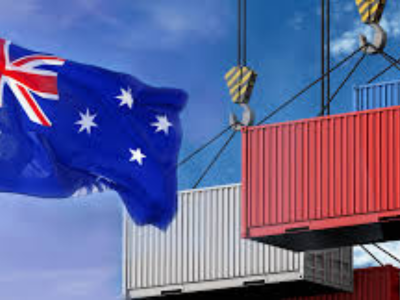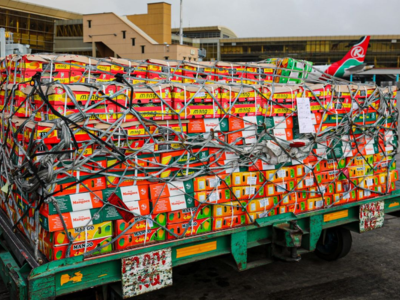Australia Launches Export Boost to China as Barriers Lift
- by Editor
- Sep 15, 2025

Credit:
The Australian government has rolled out a new initiative to help domestic exporters tap into the Chinese market, capitalizing on Beijing's recent lifting of restrictions that had blocked over A$20 billion in goods, signaling a thaw in trade relations after years of tensions.
Announced Monday by the Department of Foreign Affairs and Trade, the two-year Accessing New Markets Initiative allocates A$50 million to provide targeted support for Australian businesses, including access to trade advisers and participation in international events. Trade Minister Don Farrell described it as building on the Albanese administration's successes in removing impediments since 2020, which had impacted sectors like agriculture, mining, and wine. "This will allow farmers, fishers, miners, and winemakers back into this market at higher volumes than ever before," Farrell said in a statement.
The move comes as China has progressively eased barriers imposed during the COVID-19 pandemic amid strained bilateral ties. Recent lifts include bans on Australian lobsters, beef, wine, and barley, with full resumption of live rock lobster exports confirmed in December 2024. In 2023, China purchased A$219 billion in Australian goods, representing 32.5 percent of total exports and underscoring the market's importance for resources like iron ore and LNG, as well as services.
The initiative extends beyond China to global diversification, partnering with the Australian Trade and Investment Commission to assist industry groups in expanding into emerging markets. It offers "fast, flexible, and targeted" aid to help exporters navigate new opportunities, particularly in premium agriculture and services like finance and health care. Analysts note that U.S. President Donald Trump's tariff policies have further encouraged Australia to strengthen Asian ties, with China remaining a top partner despite geopolitical frictions.
While the program aims to create jobs and boost competitiveness, challenges persist, including compliance with China's evolving regulations and competition from other exporters. The China-Australia Free Trade Agreement, in force since 2015, continues to underpin the relationship, but experts emphasize the need for ongoing dialogue to sustain gains.













0 Comment(s)